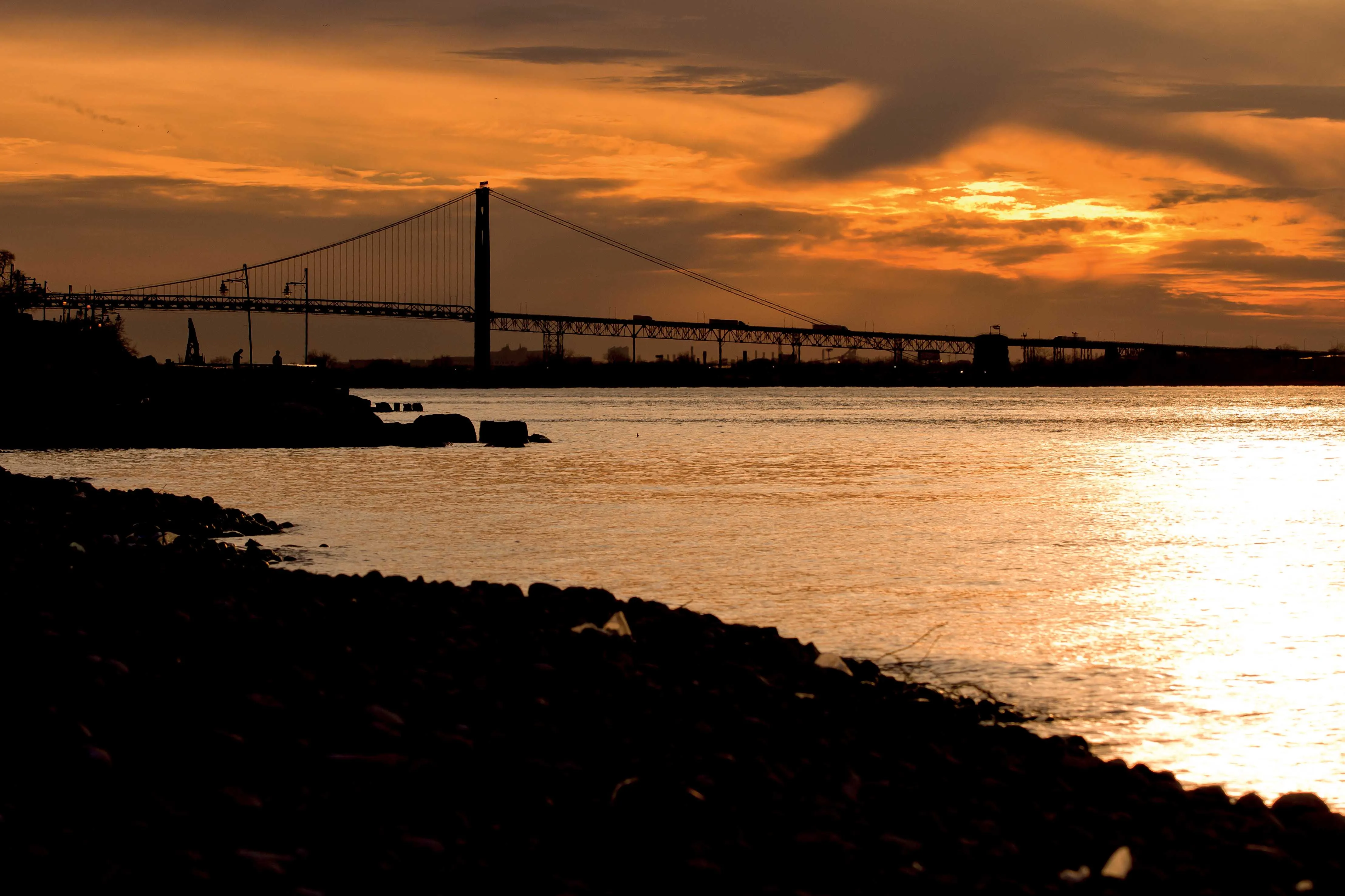The consortium building Nigeria’s key Second Niger River Crossing, close to the city of Onitsha, says that the bridge will be ready for traffic on time, according to the contract requirements. The consortium is headed by German owned contractor Julius Berger Nigeria and the PPP package has been set out as a 25 year concession contract. The project is costing close to US$700 million to construct and includes the bridge itself as well as associated road and rail connections as the structure is being designed
May 1, 2014
Read time: 2 mins
RSSThe consortium building Nigeria’s key Second Niger River Crossing, close to the city of Onitsha, says that the bridge will be ready for traffic on time, according to the contract requirements. The consortium is headed by German owned contractor 7740 Julius Berger Nigeria and the PPP package has been set out as a 25 year concession contract. The project is costing close to US$700 million to construct and includes the bridge itself as well as associated road and rail connections as the structure is being designed with multiple traffic lanes for vehicles as well as train tracks.
The new bridge has been has been required for some years as the First Niger River Crossing suffers heavy congestion and is no longer able to cope with traffic demands, as well as having a somewhat unusual history. The first bridge was constructed in 1965 at a cost of around $8.5 million but was then blown up in the 1967-1970 Biafran War, only being rebuilt after hostilities ceased. Concerns have been expressed as to the structural integrity of the first bridge and its long term future given its troubled past. The new structure has been planned for around 20 years, with the foundation Stone having been laid by Olusegun Obasanjo, Nigeria’s then president, in 2007. The new bridge is required to ease traffic delays in the South East of Nigeria, between Delta State and Anambra State. Onitsha is a thriving commercial city and is all a centre for transport and trade in the area.
The new bridge has been has been required for some years as the First Niger River Crossing suffers heavy congestion and is no longer able to cope with traffic demands, as well as having a somewhat unusual history. The first bridge was constructed in 1965 at a cost of around $8.5 million but was then blown up in the 1967-1970 Biafran War, only being rebuilt after hostilities ceased. Concerns have been expressed as to the structural integrity of the first bridge and its long term future given its troubled past. The new structure has been planned for around 20 years, with the foundation Stone having been laid by Olusegun Obasanjo, Nigeria’s then president, in 2007. The new bridge is required to ease traffic delays in the South East of Nigeria, between Delta State and Anambra State. Onitsha is a thriving commercial city and is all a centre for transport and trade in the area.







